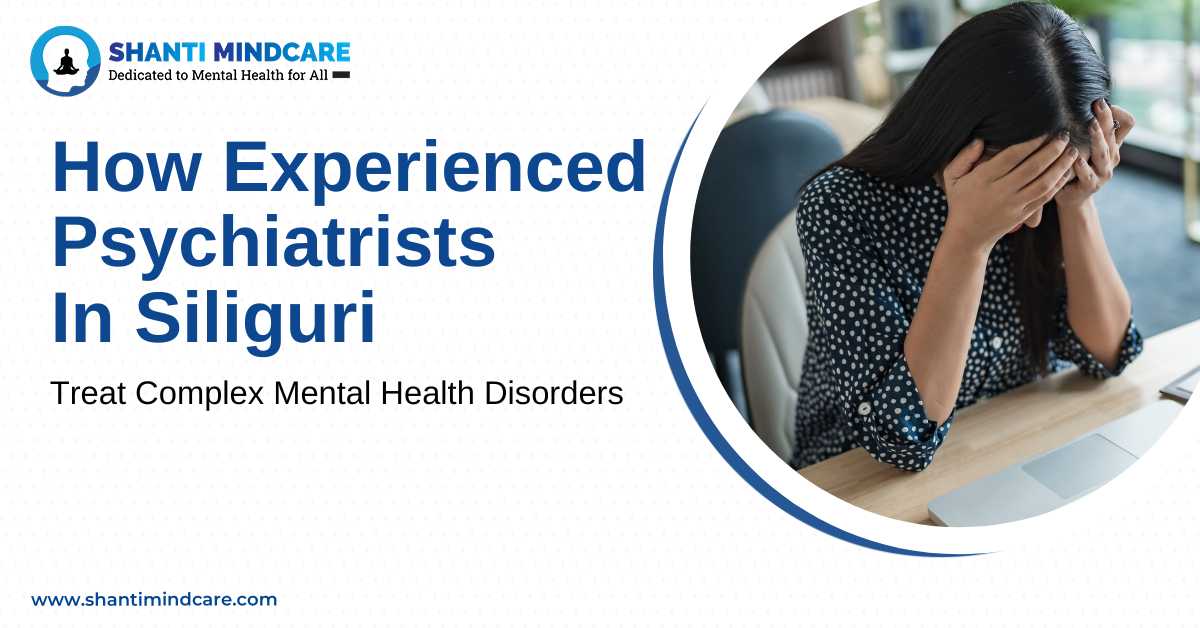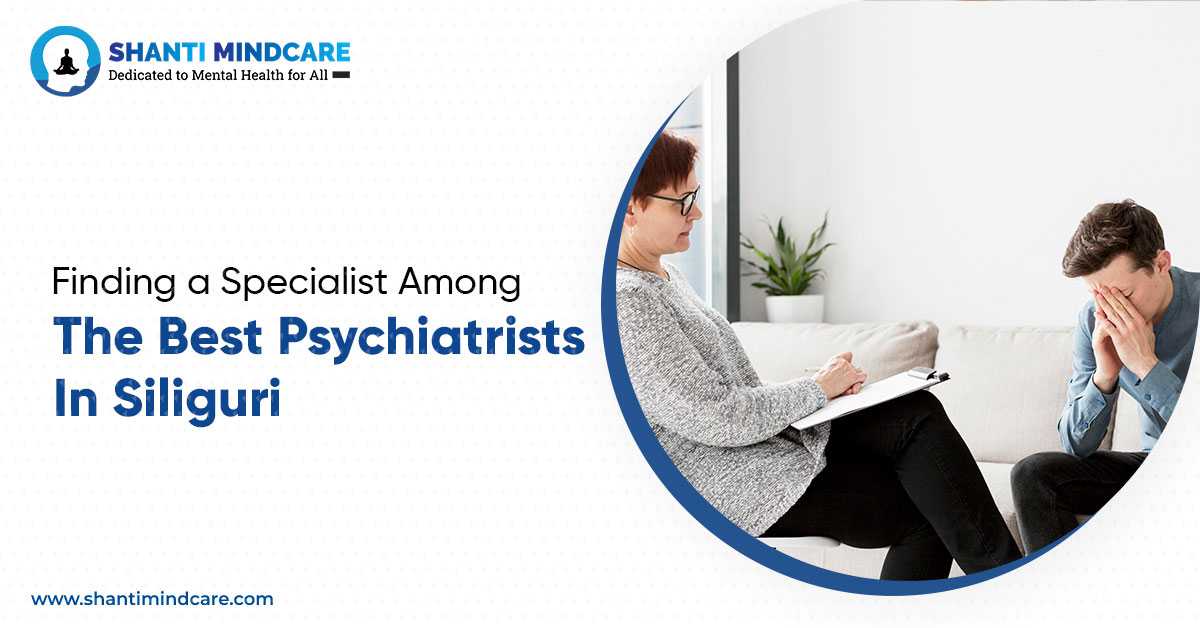Struggling in silence doesn’t have to be the only option. In the bustling city of Siliguri, near the serene Himalayan foothills, attitudes toward mental health are slowly but surely changing. For years, mental health challenges were often ignored, misunderstood, or hidden because of stigma. Today, a rehabilitation centre in Siliguri is helping change that narrative, offering care that goes beyond traditional treatment. These centres provide support, understanding, and structured guidance, helping individuals reclaim their lives with hope, confidence, and dignity.
When Mental Health Becomes a Daily Life Struggle
Mental health challenges can affect anyone. It might be a young adult struggling with anxiety, unable to sleep, feeling disconnected from friends, or losing interest in everyday activities. It could also be someone battling depression, obsessive thoughts, or other conditions that make daily life overwhelming. Many people try to cope on their own, thinking the feelings will pass. But when left unaddressed, these challenges can strain relationships, impact work, and lead to isolation.
This is where rehabilitation centres step in, providing structured support and care. These centres are not only places for recovery, they are spaces where individuals learn to cope, regain confidence, and reconnect with their communities.
How Rehabilitation Centres Help You Rebuild
When we talk about rehabilitation centres, it’s important to understand that they focus on holistic care. This means treating not just the symptoms, but the whole person, the mind, body, and social environment. Some of the key services offered include:
● Therapy and counseling:Skilled counselors and psychologists guide individuals through their challenges. Through talking and sharing experiences, people start to understand their emotions, identify triggers, and develop healthier coping strategies.
● Medication management:For some mental health conditions, medication is a vital part of recovery. Rehabilitation centres ensure regular monitoring, dosage adjustments, and support to manage side effects safely.
● Life skills and activity programs:Recovery isn’t only about managing symptoms, it’s about building a life worth living. Centres offer activities like art, yoga, meditation, recreational exercises, and daily living skills programs to help individuals regain independence and confidence.
● Safe and supportive environment:A key aspect of recovery is feeling secure and accepted. Rehabilitation centres provide an inclusive space where people are treated with respect and empathy, reducing the fear of judgment that often prevents individuals from seeking help.
● Follow-up and community reintegration:Recovery continues beyond the centre’s walls. Structured follow-up care, family involvement, and guidance for reintegration into work or school life help ensure lasting progress.
Why Mental Health Support Is Improving
Several factors are driving the transformation in mental health care in Siliguri:
Growing awareness
More people are now willing to talk about mental health openly, whether it’s anxiety, depression, or stress. Awareness campaigns, social discussions, and education are helping break down stigma and encourage individuals to seek help earlier.
Holistic care approach
Modern rehabilitation centres focus on a combination of therapy, skill-building, recreational activities, and support networks. By addressing the mind, body, and social well-being, they help individuals recover more effectively than treatment alone.
Accessibility and convenience
Previously, people had to travel far to access quality mental health care. Local centres make professional help more accessible, saving time, cost, and effort, and allowing families to be more involved in the process.
Community and family involvement
Mental health recovery works best when families and communities are involved. Centres encourage family counselling, peer support groups, and social reintegration, helping reduce isolation and fostering understanding.
Things That Still Need Improvement in Mental Health Care
While progress has been impressive, challenges remain:
● Persistent stigma:Many individuals still hesitate to seek help due to fear of judgment or misunderstanding.
● Affordability and accessibility:Even with local centres, cost and availability can be barriers, particularly for those in rural areas.
● Continuity of care:Long-term follow-up and community support are still developing, which can affect sustained recovery.
● Individualized care:Mental health conditions vary widely, requiring personalized approaches for effective treatment.
● Reintegration into daily life:Returning to work, school, or social environments can be challenging and requires ongoing support and understanding from families and communities.
Why Mental Health Support Can Transform Lives
Mental health isn’t just about illness; it’s about overall well-being. Feeling overwhelmed, anxious, or persistently low can affect anyone, and recognizing these signs early is vital. Rehabilitation centres provide not only treatment but also guidance and support, making recovery achievable and sustainable.
For families and caregivers, these centres are a resource to better understand their loved ones and participate in the recovery process. For communities, they serve as a reminder that mental health matters just as much as physical health, and that support and understanding can make a difference.
What the Future Looks Like for Mental Health
The vision for Siliguri is clear: a city where mental health care is accessible, effective, and stigma-free. Rehabilitation centres in Siliguri are paving the way toward this vision, focusing on holistic care, community involvement, and long-term recovery.
These centres are more than just facilities; they are beacons of hope, showing that with the right support, individuals can regain control of their lives, reconnect with loved ones, and contribute meaningfully to society.
If you or someone you care about is struggling, remember that seeking help is a sign of strength, not weakness. The first step is often the hardest, but it is also the most important. To take that step with guidance and professional care, reach out to Shanti Mindcare, a trusted rehabilitation centre in Siliguri, offering support, understanding, and a clear path to recovery.




